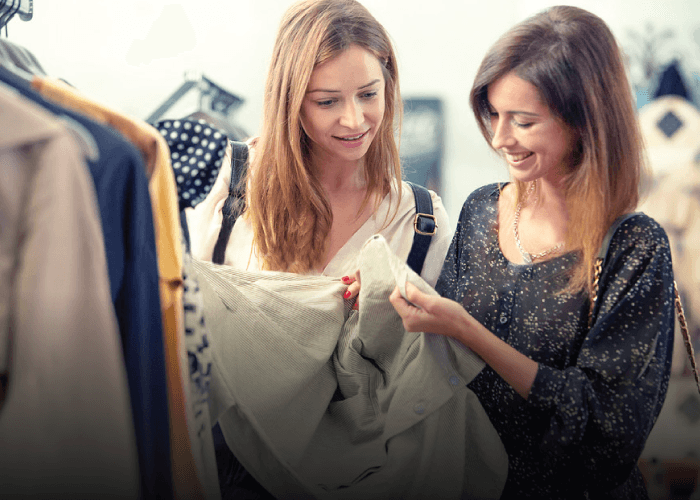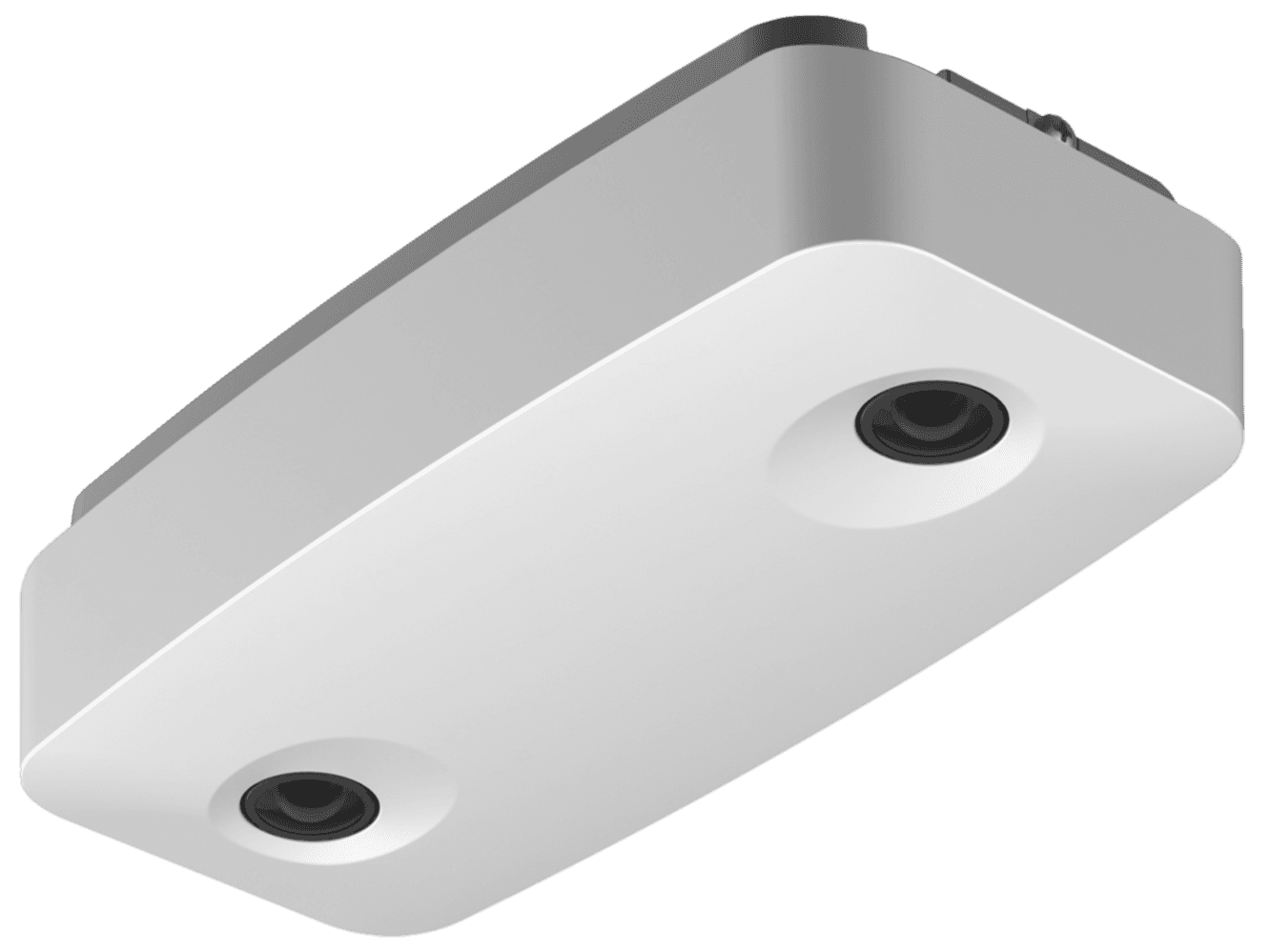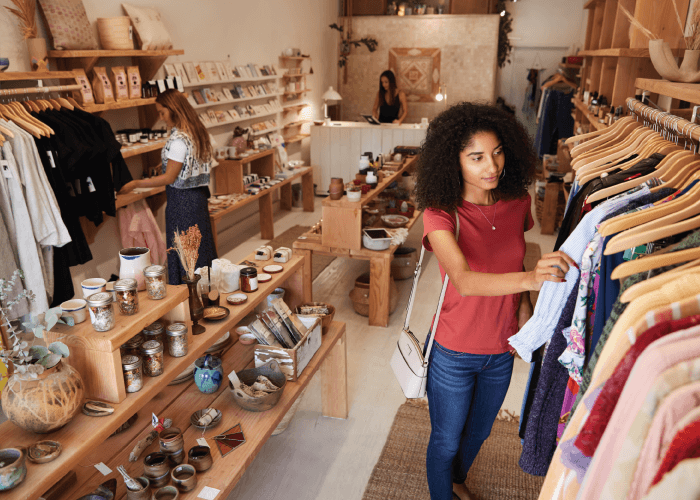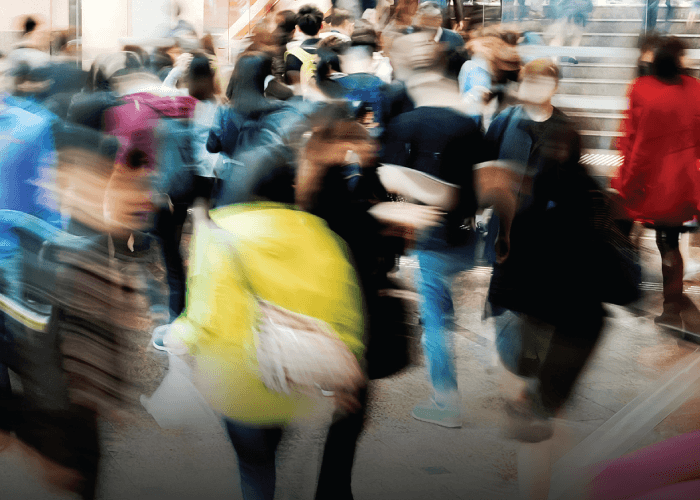How The Summer Olympics Could Affect Parisian Retail
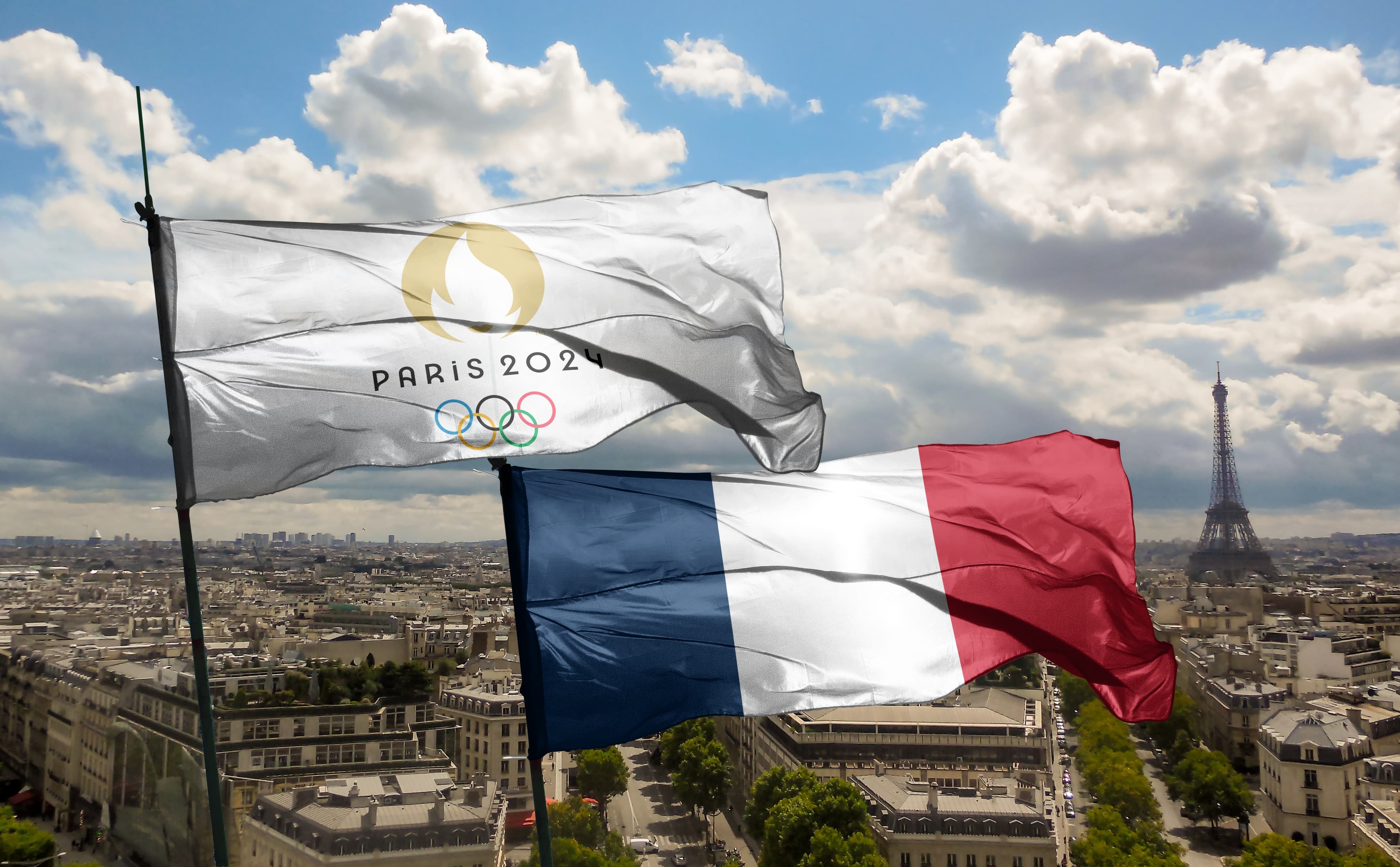
On this page
With the Summer Olympics set to take place in Paris, France, retailers with local stores are gearing up for an unusual season. This iteration of the Olympic Games has been rife with controversy, from protests about using the Seine River for swimming events to cutting air conditioning in a bid to be the “greenest ever” games. Pundits have been left scrambling, asking: “Is Paris ready for the Olympics?” less than one month out. But how does this all affect retail? Will the games buckle or boon Parisian retailers?
This blog explores how the Olympics could affect retail in Paris, focusing on increased footfall, potential protests, the surge in tourism, and the wave of Olympics-specific merchandise hitting the stores.
READ MORE: Exploring How SHEIN Is Transforming Retail In EMEA
More Shoppers In Paris
The Summer Olympics in Paris will lead to a significant increase in foot traffic for retailers. With millions of visitors from around the world exploring the city, retailers can expect more potential customers walking past their stores, increasing the chances of making sales. For instance, luxury brands such as Louis Vuitton and Chanel, whose flagship stores are located in Paris, are likely to see a surge in visitors. These luxury brands often benefit from international tourists looking to purchase high-end items as souvenirs or as part of their travel experience. The increased footfall can also positively affect smaller, local boutiques that offer unique products, giving them a chance to shine amidst the global spotlight.
However, this increase in customers also poses a logistical challenge. Retailers must ensure that they have sufficient staff and inventory to meet the higher demand. It is crucial to provide an excellent shopping experience during this busy period to convert foot traffic into actual sales. Shoppers are unlikely to lower their standards, so brands will have to rely on data-driven forecasting to ensure labor, stock, and operating hours are optimized.
💡 Let’s take a look at Nike:
Vogue Business reports that the Olympics arrive at a pivotal moment for Nike, once an untouchable leader now operating in an increasingly crowded market. As such, Nike is pulling no punches this season. To take advantage of the increased foot traffic, its store on the Champs-Élysées plans to have extended hours and special in-store events. Furthermore, the location itself plays a key role, as the games are expected to have an impact on the overall EMEA market. Nike will host a series of in-person activations at the Centre Pompidou Art Museum, which inspired the design of the Air Max 1 sneaker. These activations will be accessible to the public and will include athlete meet-and-greets. In short: Nike is betting big on in-person experiences to maintain their position as a market leader in EMEA.
Bracing For Disruption: Olympic Protests
While the Olympics bring excitement, they also carry the potential for disruption. Paris has a history of protests, and large international events can sometimes amplify these activities. Retailers must be prepared for the possibility of demonstrations that could impact store operations and supply chains. The Yellow Vest protests, for example, have shown how disruptive civil unrest can be to the retail sector. Stores in protest-prone areas might experience temporary closures, reduced foot traffic, and potential damage. Brands like Zara and H&M, which have multiple locations across Paris, have previously shuttered stores during peak protest periods for safety reasons.
This year alone, activists have raised concerns about the displacement of unhoused people in the run-up to the games, the hijab ban for French athletes, and, of course, the pollution of the Seine River, which was announced as an official venue for swimming and triathlon events. Plus, local rubbish collectors threaten to strike in defiance of the “excessive workload” the games will bring. Paris could be a powder keg in the coming few weeks.
To mitigate these risks, retailers are advised to have contingency plans in place. This might include securing additional security personnel, creating flexible staffing schedules, and establishing backup supply chain routes to ensure products remain available. Moreover, staying informed and responsive to the evolving situation can help minimize the impact on operations.
READ MORE: 10 Ways Technology Improves Your Retail Business
Tourism And Spending Predictions
The Olympics are projected to bring an unprecedented number of tourists to Paris, a city already renowned for its substantial visitor numbers. This influx will undoubtedly benefit retail, as tourists are likely to spend on shopping, dining, and entertainment. Major shopping districts such as the Avenue des Champs-Élysées and Le Marais will experience an increase in customer numbers.
Tourist spending patterns have the potential to greatly increase sales for brands such as Sephora and Galeries Lafayette. These stores frequently serve international visitors with multilingual staff, tax-free shopping options, and exclusive products that attract a global clientele. These characteristics will be even more important during the Olympics in order to attract and retain tourist customers.

But the influx is a double-edged sword. Public transport routes will be revised and vehicle access will be restricted just as millions of visitors are expected in the city, reports France 24. Restrictions on access to certain areas of the city will begin more than a week in advance as Paris prepares for an ambitious opening ceremony that will span several kilometers along the River Seine. Retailers must prepare for potential strains on infrastructure, such as public transportation and supply chains, which can affect the timely restocking of products.
How Retailers Can Prepare For The Olympic Impact
To fully leverage the potential benefits of the Summer Olympics, Parisian retailers must adopt a proactive approach. Here are some strategies that can help:
Enhanced Staffing And Training: Ensuring that there are enough staff members to handle the increased customer volume is essential. Staff should be trained to offer excellent customer service, handle diverse customer needs, and manage potential conflicts effectively.
Stock Management: Retailers need to rely on accurate analytics to anticipate demand and manage their stock levels accordingly. This includes not only increasing inventory but also ensuring that popular items are restocked quickly to meet ongoing demand.
Marketing And Promotions: Leveraging the Olympics in marketing campaigns can attract more customers. Promotions, discounts, and exclusive product launches tied to the event can create buzz and drive sales. Lacoste, for example, has launched a new range that pays tribute to the 1924 Olympics.
Customer Experience: Creating a memorable shopping experience will be crucial in converting visitors into customers. This can include in-store events, personalized services, and seamless payment options. Consider the Nike example discussed earlier.
Security Measures: Given the potential for protests, ensuring the safety of both customers and staff is paramount. This might involve hiring additional security, installing asset protection systems, and having clear protocols for handling emergencies.
GET THE eBOOK: The State Of Data Monetization In Retail Today
The upcoming Summer Olympics in France presents a great opportunity for retail businesses in Paris to thrive. With an expected increase in foot traffic and tourism, as well as special Olympics-themed merchandise, businesses have the chance to significantly boost their sales. However, this also comes with potential challenges such as protests and logistical issues. By preparing ahead and implementing strategic plans, retailers can maximize the benefits and minimize the risks, positioning themselves to take full advantage of this historic event.
The Olympics' impact on retail in Paris will be diverse, but with careful planning and a proactive approach, the positive effects will outweigh the challenges. For both major brands and local stores, this is a moment to shine on the global stage, providing visitors with a memorable and delightful shopping experience in one of the world’s most beloved cities.
About the author:

Ashton Kirsten, Global Brand Manager, RetailNext
Ashton holds a Master's Degree in English and is passionate about physical retail's unbridled potential to excite, entertain, serve, and solve problems for today's shoppers.
